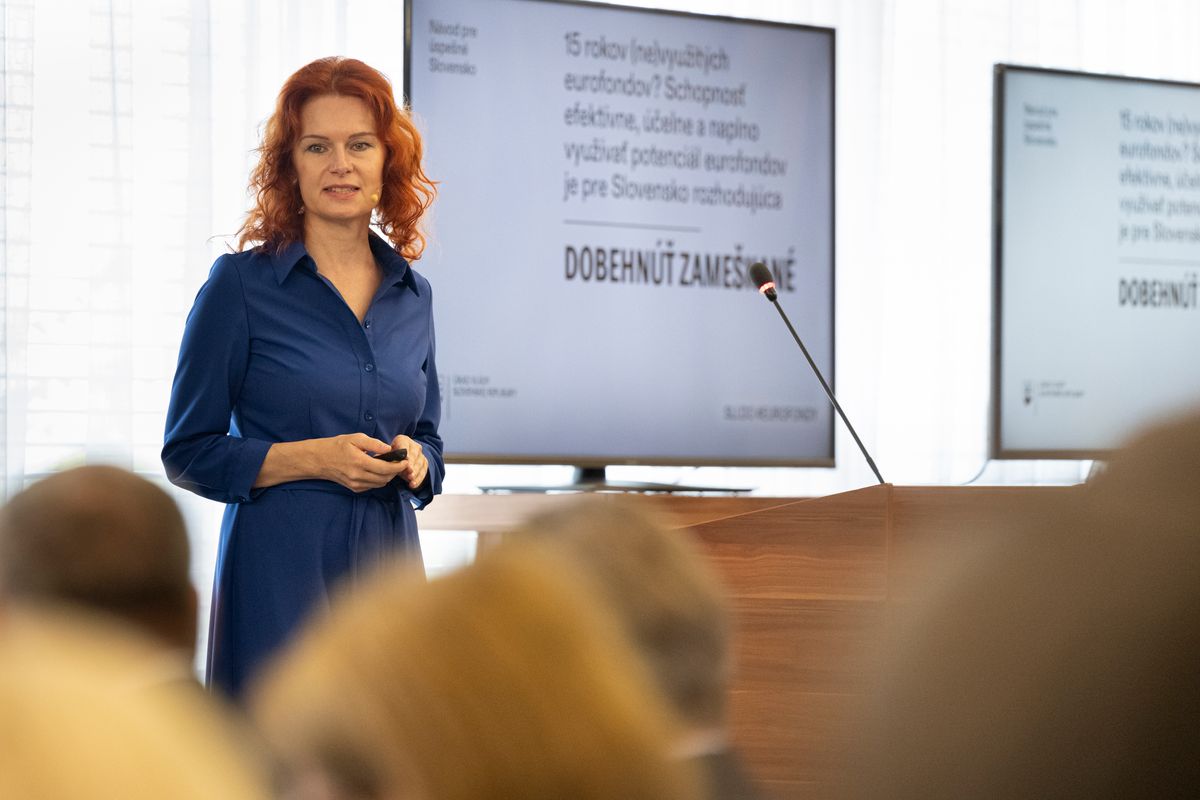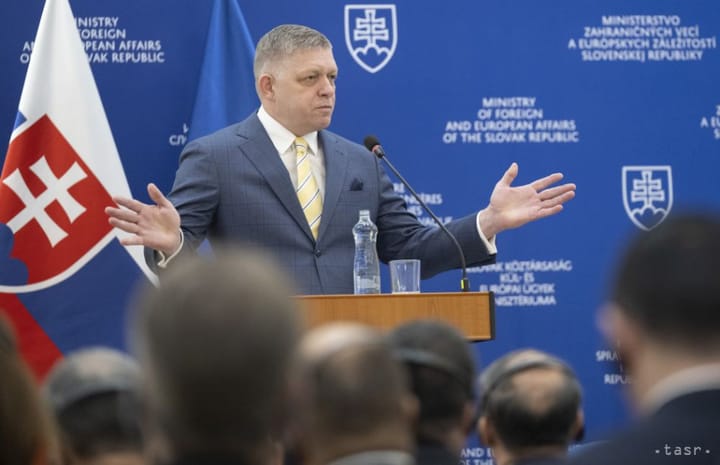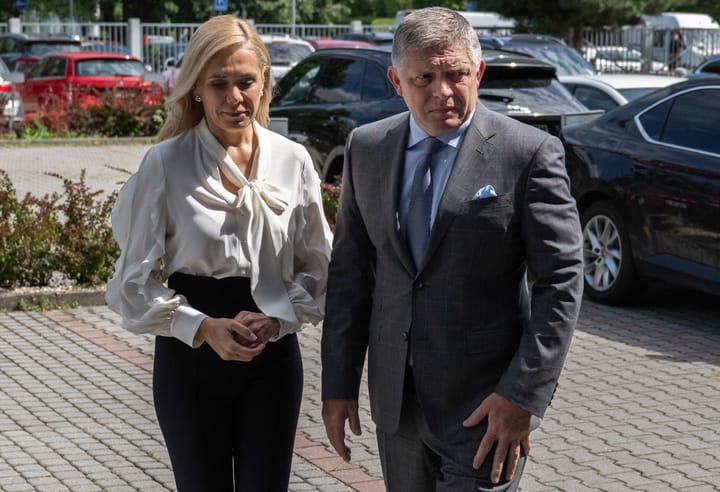Vasakova: Slovakia Stagnating Partly Due to €40 Billion Investment Debt
Slovakia is currently stagnating, and one of the reasons for this is that it invests only little, Vice-premier for the Recovery Plan Livia Vasakova told a news conference on Tuesday at which she presented measures aimed at effectively drawing EU funds.

Bratislava, September 26 (TASR) - Slovakia is currently stagnating, and one of the reasons for this is that it invests only little, Vice-premier for the Recovery Plan Livia Vasakova told a news conference on Tuesday at which she presented measures aimed at effectively drawing EU funds.
"We have a huge investment debt, amounting to at least €40 billion. We can see it in the condition of railways, roads, non-reconstructed buildings and public premises," said Vasakova, adding that Slovakia invests less than the other Visegrad Four countries (the Czech Republic, Poland and Hungary) .
Caretaker Premier Ludovit Odor said that there's need to draw money from the previous programme period, start the next programme period and meet the milestones of the recovery plan.
Odor and Vasakova concurred that Slovakia invests little of its own resources while failing to invest in national priorities. According to Vasakova, EU money should serve only as a tool for the country to implement its own plans. "We start drawing it late, we have little time to complete the projects with good quality. Then we seek ways to use EU funds so that we don't lose them," she added.
Subsequently, she presented ten rules for better use of EU funds, according to which there's a need to prepare and approve a long-term strategy for Slovakia's development until 2050 and to create a fund for pre-project preparation amounting to at least €50 million annually.
Furthermore, there's need to create a binding and predictable schedule for announcing calls, to speed up and improve the quality of assessing applications, to strengthen the preventive audit function and to improve the preparatory stage of public procurement.
"Supervision over the use of EU funds should continue at government level, and checks should be focused only on expenditures on high-risk projects. It is also important to improve communication regarding calls and to make sure that processes are made electronic," stated Vasakova.



